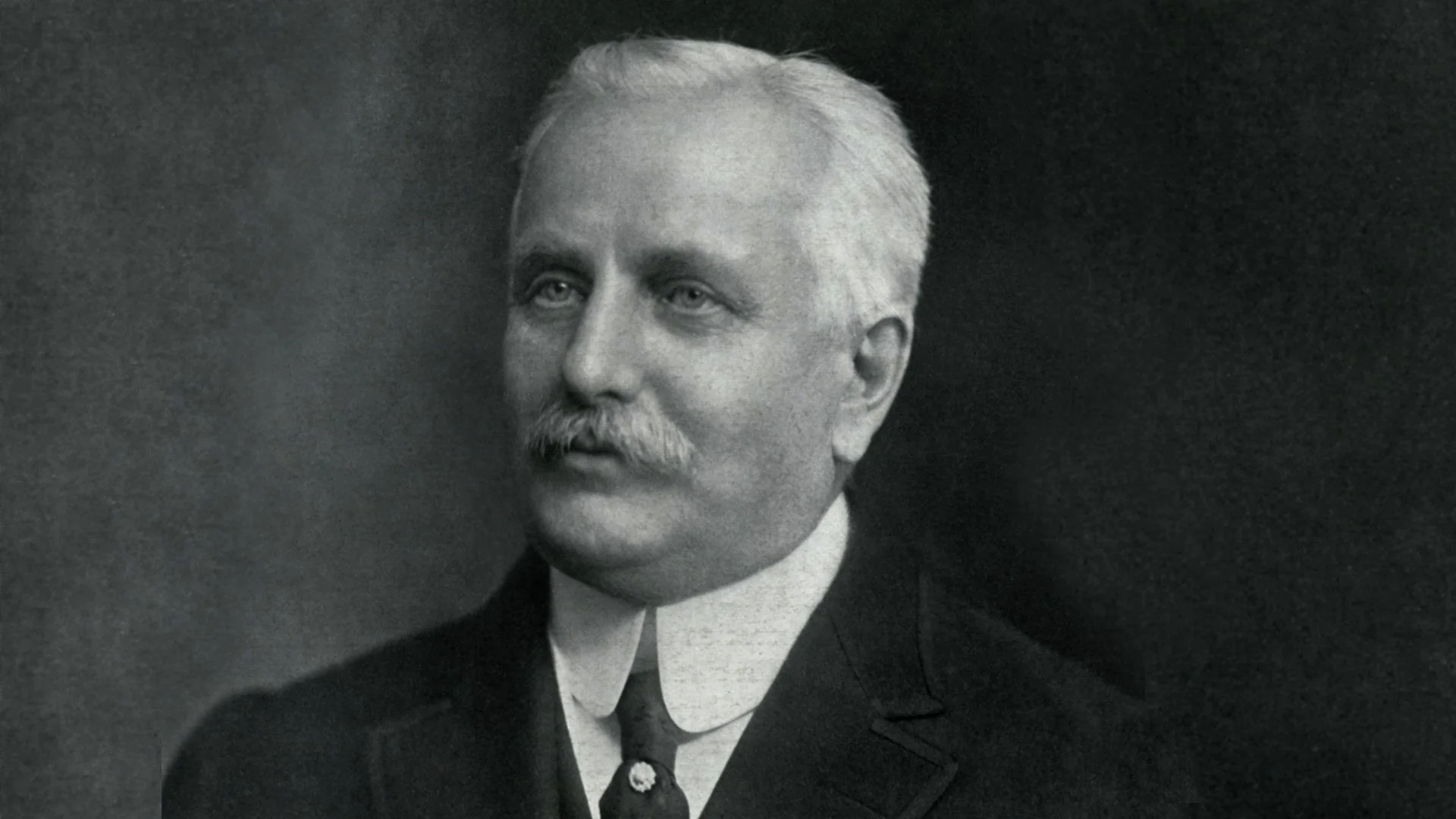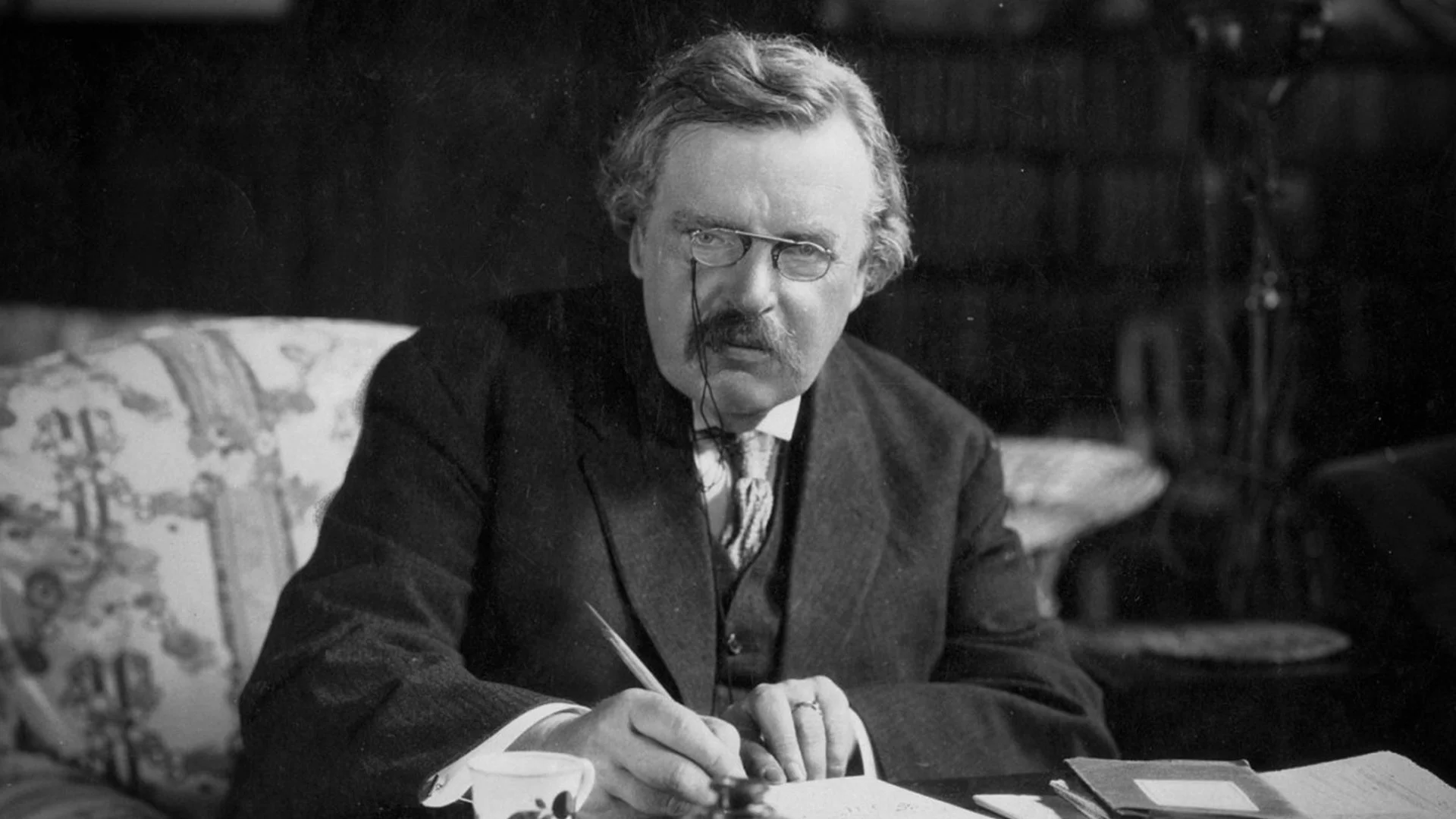Authenticity is the factor in your character that helps you live as your true self. Authenticity helps you to make good decisions, influence others, maintain consistent values, convey a sense of purpose, and have a strong self-awareness.
The cost of a bad hire includes time—four to six weeks on average. A bad hire can affect productivity, with failure to meet expectations, slow work or errors. Teamwork can suffer. Morale can suffer. Client relationships can be damaged.

The average employee will spend 392 hours per year in meetings. Each workday in the US, an estimated 11 million meetings are held—a total of more than a billion per year.

A cactus is generally unapproachable. You know this because most of them are covered in prickly spines that pierce the skin and hurt if you grab them. You wouldn’t want to hug one—it’ll leave scars.

Easy lessons are the ones where the stakes of failure don’t affect your ability to learn them. But not every lesson in life is easy. James 3:2 reminds us, “For we all stumble in many ways…”






